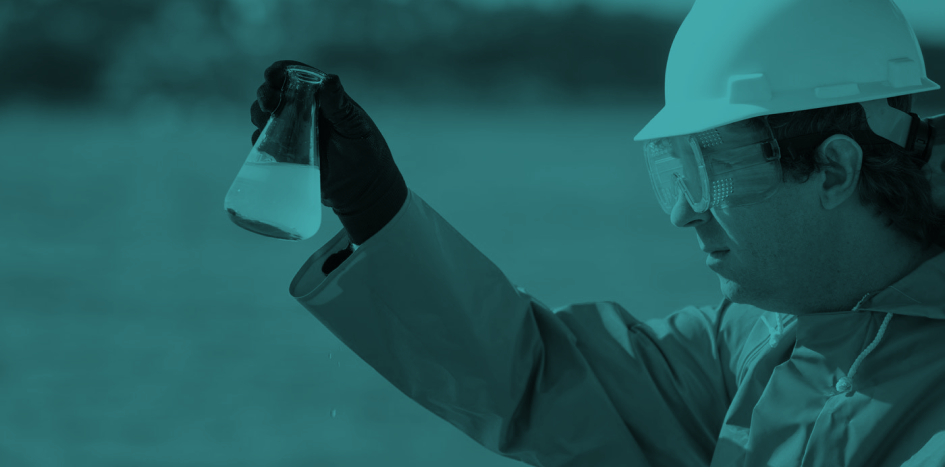
Educational program “Environmental engineering and sustainability”
The goal of the program is to train highly qualified specialists of international level capable to analyze and evaluate environmental consequences of production processes, including the impact and risk assessment, and product life cycle analysis. The program is being implemented with the participation of foreign specialists and with the use of facilities and resources of “Uranium Geology” international scientific and learning center (TPU). The program focuses on R&D and engineering and production activities.
Training program Environmental Engineering and Sustainability
Training for international-level specialists able to analyze and evaluate the geological and environmental consequences of operational processes, including environmental impact, risks, and product life cycle.
Scientific research is carried out in terms of development of the Siberian Geochemical and Tomsk Radiogeochemical schools. Professors and lecturers have experience in Russia and abroad (France, Norway, China, Mongolia, USA).
Students have an opportunity to study at partner universities as part of academic mobility programs. Operational practices are held in companies, environmental enterprises and research institutions. Graduates can continue their studies with TPU postgraduate program and in a joint postgraduate program with foreign universities to obtain Candidate of Science and PhD degrees.
Training programs:
Environmental Engineering and Sustainability, managed by Baranovskaya Natalia Vladimirovna, Doctor of Biological Sciences, Professor of the Geology Department, +7 (3822) 701777 x 2982, Main Building, office 433, nata@tpu.ru.
Knowledge, skills and abilities
You will be able to:
- identify environmental protection issues, develop recommendations for environmental protection and sustainability;
- be engaged in design, expertise and analytical activities, conduct research using modern methods, equipment and computer systems;
- independently conduct research and operations, work in teams, generate new ideas.
What else you need to know
- The educational process uses TPU Uranium Geology learning base (atomic absorption spectroscopy, spectrofluorimetry, X-ray magnaflux diffractometry, optical microscopy, scanning electronic microscopy), hydrogeochemistry base (mass spectrometry with inductively coupled plasma), research nuclear reactor IRT-T (instrumental neutron activation analysis).
- Three graduates of the program defended their theses for Candidate of Science and PhD as part of the joint postgraduate study with partner universities – Troyes University of Technology and the National Higher School of Arts and Crafts (France).